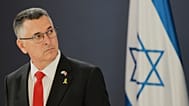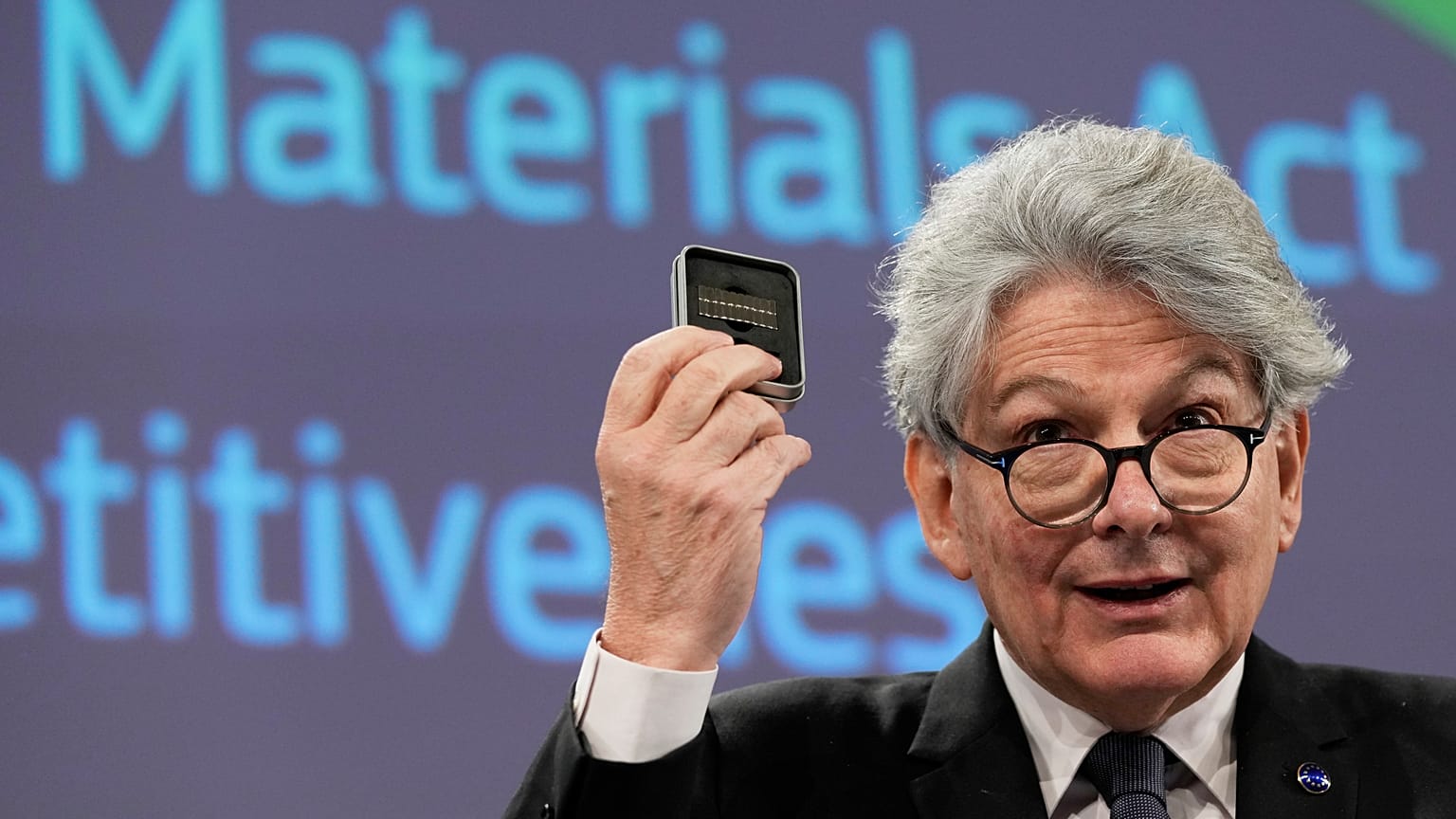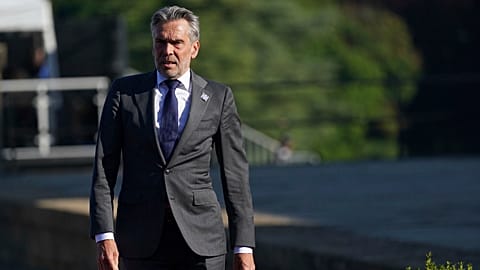Most EU Commission nominees lack a tech background
In charge of the Internal Market and with a broad remit over digital affairs in the first Von der Leyen Commission, France’s EU Commissioner Thierry Breton has been nominated by his country’s government for another mandate.
 ADVERTISEMENT
ADVERTISEMENT
 ADVERTISEMENT
ADVERTISEMENT
It remains to be seen, however, if he can retain his portfolio in the incoming Commission.
Euronews considered the list of 21 confirmed nominees for the next college of commissioners, and just a handful of them have at least some experience in technology files.
In the outgoing Commission, Breton – who was mostly vocal on issues like the Digital Services Act (DSA), cyber and artificial intelligence (AI) – was not alone in charge of technology files.
Denmark’s Margrethe Vestager was named Vice-President overseeing and coordinating the work on technology and competition. At the same time, Belgium’s Didier Reynders took the lead on privacy matters, and Czechia’s Vera Jourova on media freedom and fighting disinformation online.
Both Vestager and Jourova will leave their posts. Reynders might be re-appointed by the Belgian government, but this is not yet certain.
We don’t know yet how the Commission structure will be, but we have looked at who – of the nominees known so far – on paper has the skills to work on digital topics.
Henna Virkunnen – Finland
The former European Perople's Party (EPP) MEP Henna Virkunnen is no stranger to Brussels. She was elected to the Parliament in 2014 and was previously Minister of Public Administration and Local Government and Minister for Education and Science in her home country Finland.
Virkunnen has been a member of the committee on Industry, Research and Energy (ITRE) in the Parliament, looking at files such as the Cyber Resilience Act and product safety, and she was a shadow rapporteur of the Digital Services Act.
In 2022, she became a member of the inquiry committee to investigate the use of Pegasus spyware.
The lack of female candidates among the current nominees – despite von der Leyen's express request for countries to nominate men and women – might work in her favour.
The President could award a tech-related beat, a hefty portfolio, to a country respecting the gender balance.
Jozef Síkela – Czechia
Jozef Síkela, who has a background in banking and finance, has served as Czech Minister of Industry and Trade in Petr Fiala's Cabinet since December 2021. He is an independent politician in the coalition government.
Even though this role involves a lot of energy topics, technology including AI and the DSA, is also part of the portfolio. Last month, Czechia approved its National Artificial Intelligence Strategy, drafted by Síkela’s ministry.
The document sets priorities and goals up until 2030. Síkela said the country "should not only be a user, but also a creator of advanced artificial intelligence technologies".
Despite his tech experience as a minister, the Czech government might eye an energy portfolio for Sikela. He worked on the file at the EU level during the country’s EU presidency and the energy crisis of 2022.
Dubravka Šuica – Croatia
Croatia’s Dubravka Šuica (EPP) has, like Breton, been renominated by her national government. In the outgoing Commission she was in charge of Democracy and Demography files, including preparing a comprehensive EU strategy on the rights of the child.
Before entering politics in 1990, Šuica worked for twenty years as a high school teacher and university professor in Dubrovnik.
Despite lacking technology policy experience, Šuica could still be considered for a role similar to Jourova’s: looking at the protection of minors and democracy. The topic has been high on the agenda, particularly because of the Digital Services Act (DSA).
The Commission has started investigating online platforms including TikTok and Meta over their measures in place to protect young people online. More follow-up action, including guidelines by national authorities on minor protection is expected in the second half of this year.
In addition, another challenging topic on the agenda has been the regulation on Child Sexual Abuse Material Online (CSAM). The file will be discussed again after the summer, it will be up to the Hungarian presidency to get to an agreement with the member states.
Breton again?
Breton, who emanates from the liberal Renew group, is a former CEO at technology company Atos and a former economy, finance, and industry minister, was 2019 the second choice for France's commissioner.
Sylvie Goulard was first nominated, in a bid to ensure gender balance as requested by von der Leyen. Goulard however, did not survive hearings before the Parliament because of ongoing fraud investigations.
In the last mandate, Breton made waves in Brussels, using his power to get involved in a large range of dossiers, from COVID-19 vaccines to the EU digital rulebook, clearly not always appreciated by his colleagues around the college table.
His latest spat with X-owner Elon Musk was also not very well received.
Last week, Breton warned Musk about his online platform’s compliance with the legal obligations under the DSA – including proportionate and effective mitigation measures regarding the amplification of harmful content – hours before the US tech magnate staged a live interview with US Republican candidate Donald Trump on his platform.
Breton’s open letter irked Musk and others including Republican politicians and online privacy advocates who claimed this was an act of foreign election interference.
However, he still has useful digital experience to bring to bear, and it remains to be seen whether - after the remaining countries nominate their commissioners - a better fit emerges.

















